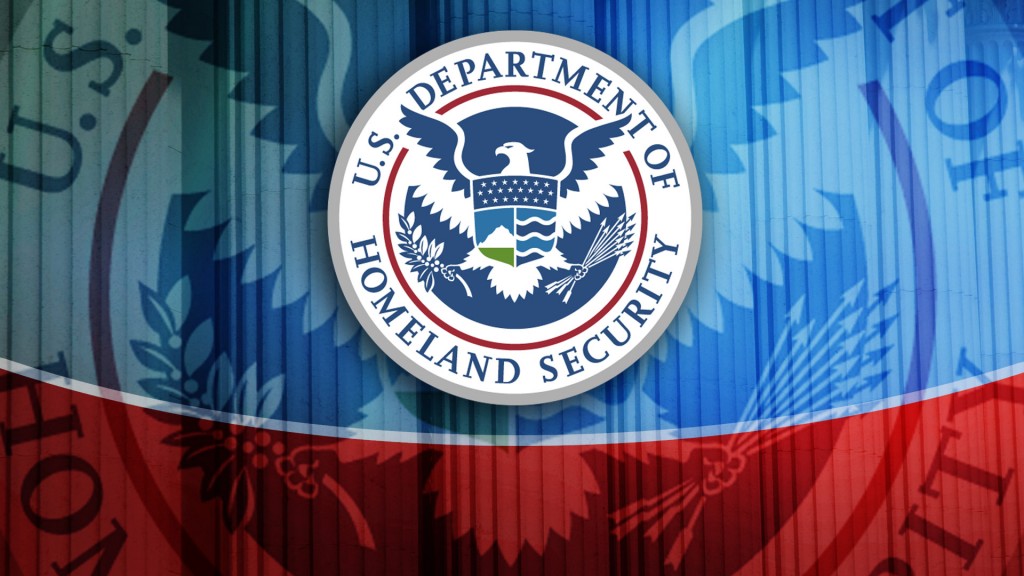 By Aaron Kesel
By Aaron Kesel
The Department of Homeland Security is expanding globally in an effort to “strengthen international security while preventing a terrorist attack, drug shipment, or human smuggling ring” according to a report by the New York Times.
An estimated 2,000 Homeland Security employees from Immigration and Customs Enforcement and special agents to Transportation Security Administration officials are now being deployed to more than 70 countries around the world.
While the New York Times reports this is an effort under Trump, the reality is that this started in October 2010 under Obama, when nearly 190 countries signed a historic ICAO agreement that establishes a foundation for aviation security.
This effort to push U.S. immigration laws in European countries has created tensions between the U.S. and other nations.
In Germany, lawmakers have questioned the department’s counter-terrorism Immigration Advisory Program, where travelers at foreign airports are investigated and sometimes interviewed by plainclothes Customs and Border Protection officers before they are permitted to board flights into the United States.
While in Canada, Canadians flooded their prime minister’s office in August with letters and emails protesting legislation to allow American customs officers stationed at Canadian airports and train stations to question, search and detain Canadian citizens. Unnamed government officials told the Canadian Broadcasting Corporation that the volume of mail received was “unprecedented” and surprised officials.
Fulfilling a requirement of the 9/11 Act, 100 percent of high-risk cargo on international flights bound for the United States is screened according to the DHS website. According to the U.S. this is needed to prevent drug/human trafficking.
A recent congressional report found that the cost of stationing Immigration and Customs Enforcement agents overseas is about four times as expensive as a domestic post. And in September testimony to the House Homeland Security Committee, the National Treasury Employees Union raised concerns about plans to station additional customs officers abroad amid “critical staffing shortages at the nation’s ports of entry.” The union represents 25,000 Customs and Border Protection employees. So it’s not only violating other countries national sovereignty but it costs the U.S. more to continue this process.
Lawmakers have urged Homeland Security officials to assess the costs and benefits of stationing thousands of employees overseas while the department looks to hire 15,000 new ICE and border patrol agents in domestically in the United States as part of President Trump’s crackdown on illegal immigration as we reported before.
Further, the DHS wants to develop advanced facial recognition technology for use in airports, train stations and border checkpoints domestically. It’s not known if the agency also wants to utilize this technology in foreign countries where its Customs and Border Protection employees are stationed.
In fact, in the U.S. these facial recognition systems are already rolling out in some airports according to an account by Tanvi Misra, a staff writer at CityLab.
“What I thought was actually just a machine that was supposed to scan my boarding pass was actually a facial recognition machine,” Misra said, “And it was quite a surprise that that kind of process had been taking place without much communication about what it was, or what options I had.”
U.S. President Donald Trump seems to be expanding the global police state in the name of national security to protect against terrorism, human trafficking and the drug trade.
Aaron Kesel writes for Activist Post. Support us at Patreon. Follow us on Facebook, Twitter, Steemit, and BitChute. Ready for solutions? Subscribe to our premium newsletter Counter Markets.
You need to be a member of 12160 Social Network to add comments!
Join 12160 Social Network